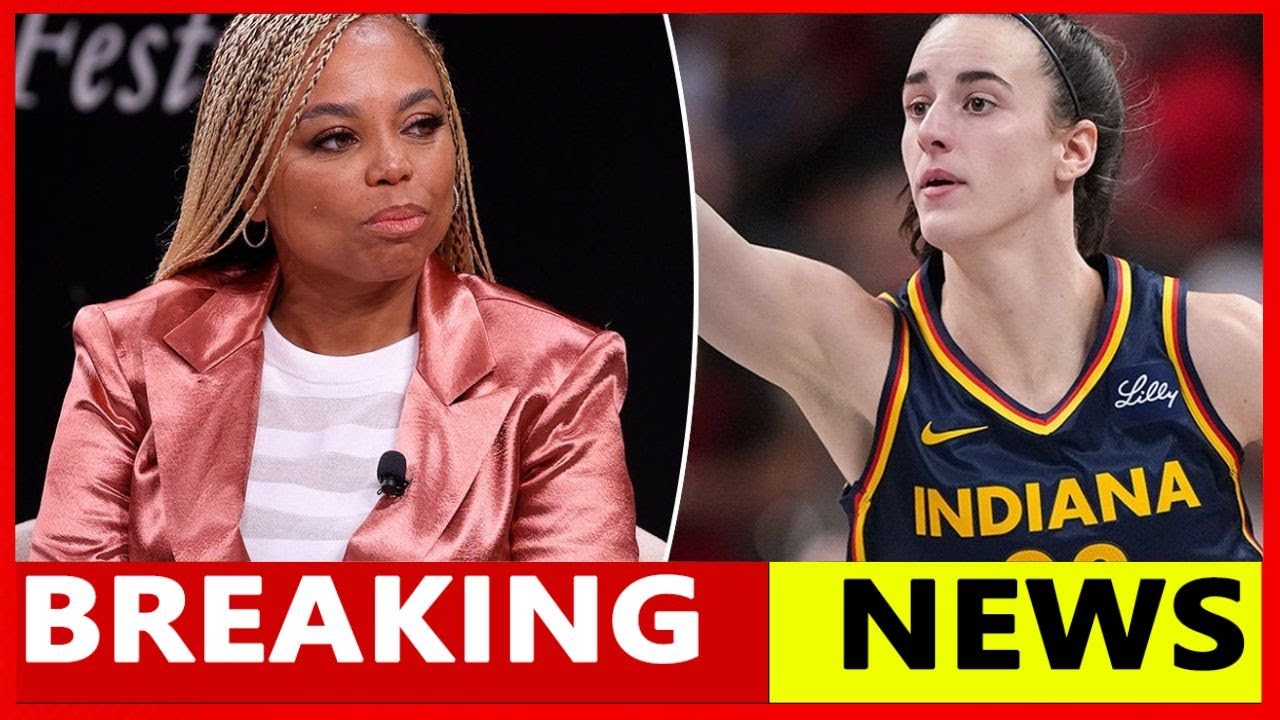Jemele Hill Responds to Claims That She ‘Hates’ Caitlin Clark: Here’s the Truth
Jemele Hill Reveals If She Actually ‘Hates’ Caitlin Clark

Former ESPN personality Jemele Hill has been vocal on social media about Caitlin Clark, the No. 1 overall pick in the 2024 WNBA draft and the league’s Rookie of the Year. Clark, who became a star at Iowa, has been at the center of many heated debates. As the WNBA continues to grow in popularity, some credit Clark’s talent for drawing in new fans. However, Hill has been one of the voices pushing back against the notion that Clark is solely responsible for the WNBA’s rise in popularity.
On Sunday, Hill faced accusations online that she “hates” Clark, but she responded with an honest and nuanced statement. “I don’t hate Caitlin Clark,” Hill wrote. “Quite the opposite. As I’ve said many times, she’s a generational talent who didn’t ask to be the avatar for racist people who hate Black women far more than they love her or women’s basketball.” Hill emphasized that her issue is not with Clark herself but with how some people use Clark’s success to undermine and “humble” Black women in the sport.
Hill went on to explain her frustration, saying, “Plenty of players in the league have stated how great her impact has been, but that’s not enough for some of y’all. You want to perpetually serve up her popularity as a reminder to Black women that they lack worth.” According to Hill, the issue lies with those who don’t understand the deeper social dynamics at play.
In response to claims that Clark wasn’t properly celebrated after winning Rookie of the Year, Hill pointed out that the reaction was not abnormal. “Once again, if Caitlin Clark isn’t worshipped non-stop, you turn it into a crisis,” she wrote. Hill noted that it’s common for most players not to receive overwhelming public congratulations on awards, referencing how there wasn’t a huge outpouring of congratulations for A’ja Wilson or Aliyah Boston in the past.
Hill ended her statement by calling out the exhausting nature of these debates, making it clear that her frustrations have more to do with how Clark is being used in larger societal narratives than with Clark herself. The ongoing conversation reflects the complex intersections of race, gender, and sports in today’s world.





